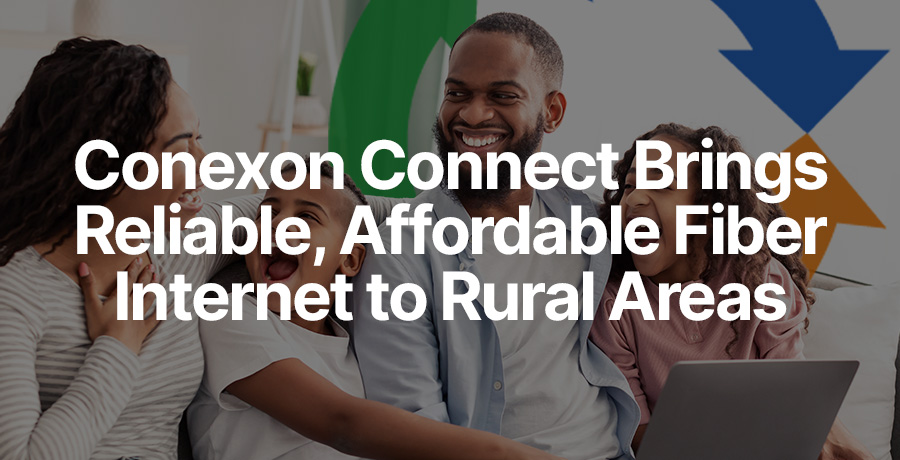Originally published: April, 2020
To read Cumberland Electric Membership Cooperative's latest story, click his link.
"This is better than Christmas!"
The comment of a retired veteran reflected the sentiments of many residents at Cumberland Electric Membership Cooperative's (CEMC) decision to deploy a fiber-to-the-home network and provide high-speed internet, phone and TV service for its members.
"Our members definitely wanted broadband," said Mark Cook, CEMC engineering division manager. "There was an unmet need and they wanted us to be the ones to meet it."
Shortly after Tennessee law changed, opening the door for electric cooperatives to provide broadband services within their territories, CEMC began exploring the possibility of a fiber-to-the-home network. The co-op leveraged the expertise of Conexon to create a feasibility study to lay out how best to design and construct the network, predict take rates and break-even point, and detail all other aspects of a network. Armed with that depth and breadth of information, the board soon decided to proceed and in mid-2019, announced its intent to build a fiber-to-the-home (FTTH) network.
At more than 100,000 members, CEMC is one of the largest electric cooperatives in the nation to proceed with FTTH for members. Currently well in its first phase of construction, the co-op is initially deploying service in its most rural areas where need was the greatest, versus deploying in dense areas to achieve early financial gains.
"I know others have not done it this way, but we have felt since the beginning that going first to our under-served and unserved areas is the right thing to do for us," CEMC General Manager Chris Davis said.
"We believe the view out your window shouldn't dictate whether or not you get high-speed data. If people choose to live on a farm or in a rural community, they shouldn't be limited in their internet technology. Delivering fiber to the home is going to be a game-changer for members in education for their children, access to telemedicine, even agriculture."

Once the FTTH decision was made, CEMC spent the remainder of 2019 on make-ready, building back-office systems and staffing its fiber subsidiary, Cumberland Connect. Phase 1, expected to last through the end of 2020, will pass nearly 16,000 homes, with the first customers connected in April.
Among the early challenges, Cook said, were the logistics and complexities of offering TV, something so far out of the co-op's current scope.
"We had a lot of discussions about offering something so high-cost and competitive," he said, "but we felt our members needed other TV options, so we decided to offer it."
Daunting as the scope of a network for a membership as large as CEMC's may be, the benefits to members far outweigh any challenges. People no longer have to drive out of town to get reliable internet, members now have lower-cost options for superior service, and best of all, CEMC members have access to world-class broadband services backed by the co-op's mission of service.
